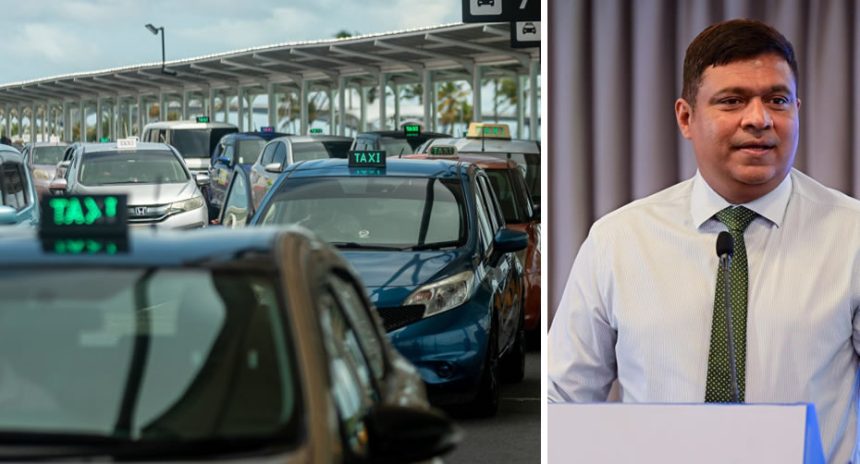In a bold move to transform urban transport and answer public demand for cleaner, more affordable travel, the Maldivian government is set to launch its first-ever state-run taxi service powered entirely by electric vehicles (EVs). The service is scheduled to hit the streets of Malé by the end of August, marking a significant milestone in the nation’s push toward sustainability and service reform.
Transport and Civil Aviation Minister Mohamed Ameen confirmed the timeline in an exclusive interview with PSM, revealing that the production of the eco-friendly taxi fleet is slated to begin on June 10. The initiative is being spearheaded by the Maldives Transport and Contracting Company (MTCC), a state-owned enterprise tasked with delivering reliable, high-impact infrastructure and transport solutions.
“This is not your average car purchase,” Minister Ameen said. “We’re ordering a custom-built EV fleet equipped with state-of-the-art technology and hardware. It takes time, but this is an investment in the future.”
Originally planned for a July rollout, the launch was postponed due to the technical demands of customizing the vehicles — a delay the government views as necessary to ensure long-term quality and performance. Ameen emphasized that every element, from the vehicle size to its onboard systems, is being tailored to Malé’s unique urban needs.
The announcement comes on the heels of growing frustration among residents in the capital over rising taxi fares, poor service quality, and a chronic lack of available rides. In response, the government opted to directly intervene by establishing a regulated, tech-driven alternative aimed at setting a new standard in passenger transport.
The state-run fleet will be operated via a digital platform modeled after global ride-hailing giants like Uber and Grab, allowing users to conveniently book rides through a mobile app. Minister Ameen assured that the platform will support both full-time and part-time drivers, ensuring job creation while raising service benchmarks.
Importantly, the transition to a fully electric fleet aligns with the Muizzu administration’s broader climate agenda, which prioritizes environmental responsibility alongside economic development. By replacing fossil fuel-powered taxis with electric alternatives, the government aims to slash carbon emissions, reduce noise pollution, and alleviate traffic congestion in the densely populated capital.
Minister Ameen has also sought to reassure private taxi operators that the new service will not threaten their livelihoods. Instead, he noted, it opens the door for collaboration, growth, and a more structured transport ecosystem that benefits both service providers and passengers.
With production set to begin and final touches being placed on the ride-hailing software, the countdown to a cleaner, smarter, and more accessible public transport system has officially begun.
The government’s message is clear: this isn’t just about taxis — it’s about moving the nation forward, one electric ride at a time.




